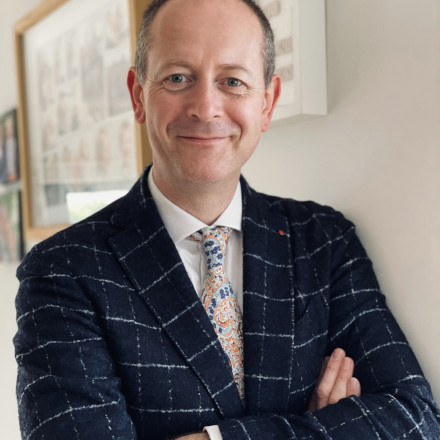Healthcare chaplaincy: pastoral care and health on the frontline
PASTORAL CARE has been understood by people of religious faith as an intentional expression of the care of God recorded throughout the Hebrew and Christian scriptures. Historically, in addition to the obvious personal burden, illness brought with it the inability to function in or contribute to society; indeed, some illnesses rendered a person excluded from community. In this regard health was experienced as blessing and lack of it as the lack of blessing from God.
The care (and protection) of those who suffer has been a consistent ethical and religious obligation enjoined throughout the Biblical narrative and extended to shape societal ethical codes and norms. The intertwined reality of faith and civic communities enshrined religious expectations into civic duty. In this regard the provision of healthcare was a lived and tangible expression of faith and was often provided by religious communities. For Christians, the ministry and care of Jesus towards those who were frail or ill challenged ingrained social norms where illness or disability rendered people excluded from the community and thereby ‘cut off’ from society with the implied castigation to the shadows of society. This exclusion literally resulted in destitution, poverty and isolation from society, community and family. As society developed, these strong social mores continued in many ways and as religious life and civic society diverged, it was often religious communities who provided social support, housing and healthcare for those who literally lived on the edge of society because of illness, frailty and /or an inability to work. This provision of health and social care was a tangible expression of faith long before the modern welfare state was developed (D Nuzum 2019; Daniel Nuzum, Keaney, and Skuse 2017).
* Full article available in printed copies.

Daniel Nuzum
is a healthcare chaplain and clinical pastoral education supervisor based at Cork University Hospital. He also serves as an adjunct lecturer at the College of Medicine and Health, University College Cork.